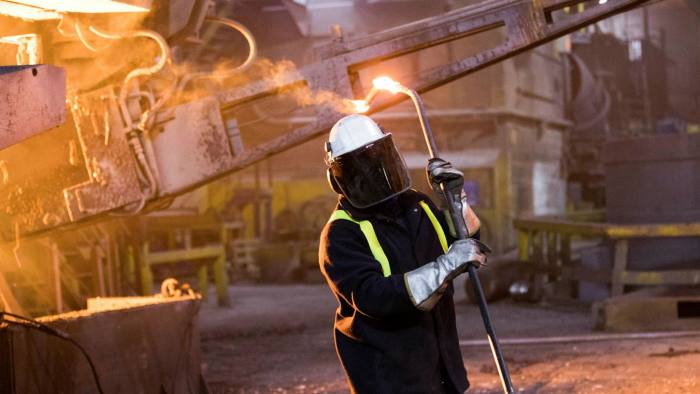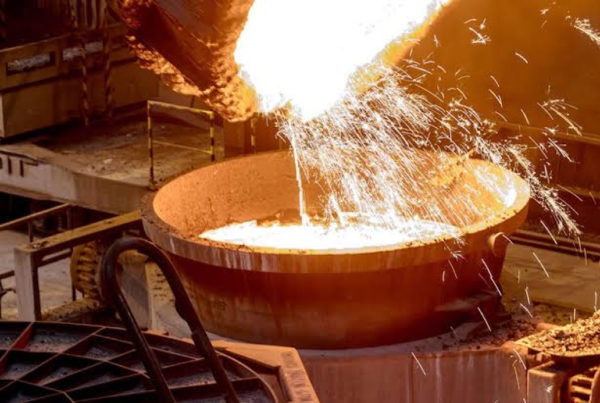
Britain’s steel industry is never far from a crisis. In recent months, the woes plaguing Liberty Steel and its controversial owner Sanjeev Gupta have captured the headlines. But the sector faces a much bigger and more existential threat than uncertainty over Gupta and the future of Liberty Steel: how to “green” steelmaking. Britain’s commitment to reaching net-zero emissions of greenhouse gases by 2050 has raised the stakes for the industry and the 33,000 people it employs. In the UK, steel is the biggest industrial emitter of carbon dioxide.
The Climate Change Committee, the government’s independent advisory group, has suggested steel production needs to be “near-zero” emissions by 2035 — a hugely ambitious target. Ministers have stressed the strategic importance of the industry’s role in post-Brexit Britain, but concern is growing among some executives that a comprehensive strategy to secure its future and put it on a sustainable footing is still missing.
Domestic producers have for years struggled to stay competitive against lower-cost international competition and global oversupply. Now they face the additional burden of cleaning up their emissions. The potential costs are eye-watering and cannot be met by industry alone. Chris McDonald at the Materials Processing Institute, a steel research group, estimated that to make green steel a reality would require £6bn-£7bn of investment on sites themselves, on top of supporting infrastructure.
“Where is the money going to come from? That’s the tough question,” he said. Industry executives declined to comment publicly but insisted their companies are committed to change. They stressed, however, they would only make investment decisions based on a clear strategy by the government. The industry hopes to present its own detailed proposals to ministers in the autumn. “There is a window of opportunity now,” said one UK industry executive. “The UK wants to be in the vanguard of decarbonisation, but we need clarity on the direction of travel.” A second executive said: “Ministers need to give a sense of how they will make it competitive to invest.”
Speaking to MPs at the end of May, business secretary Kwasi Kwarteng insisted that there was a “strategic case for UK-produced steel”. Government support, however, had to be “allied with a commitment to decarbonise by the industry”, he added. Concern is growing that without a clear road map some of Britain’s producers, most of which are owned by international groups, will hold off investing before it is too late.
Read full artlicle at Financial Times



